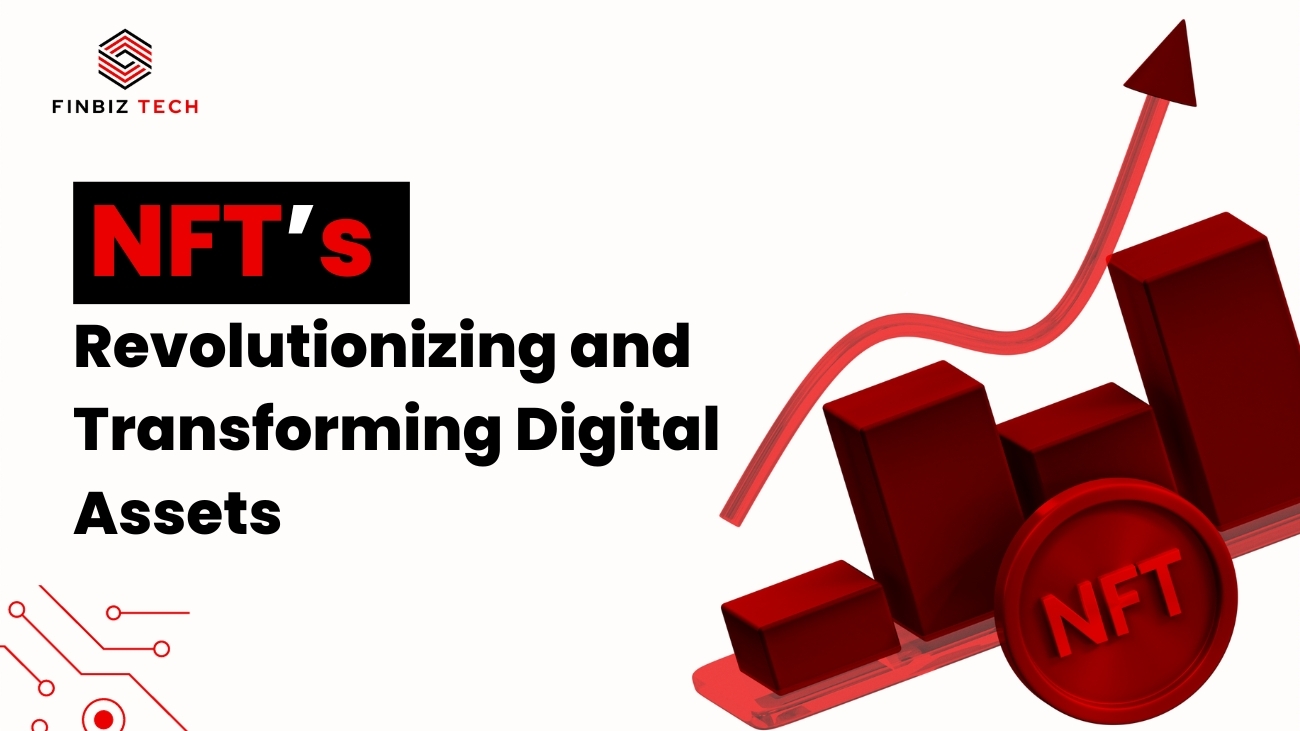In the dynamic realm of digital assets, Non-Fungible Tokens (NFTs) have emerged as a revolutionary force, fundamentally transforming how we perceive, create, and trade unique digital content. This article explores the profound impact of NFTs across various sectors, from art and collectibles to virtual real estate and beyond.
The NFTs Revolution Unveiled:
NFTs, based on blockchain technology, have disrupted conventional notions of ownership in the digital space. Unlike traditional cryptocurrencies, each NFT is unique, indivisible, and cannot be replicated, providing an immutable record of ownership.
Digital Transformation: Adapting to the Future
As businesses embrace digital transformation, the focus shifts towards adapting and thriving in an ever-evolving landscape. This heading explores the digital transformation strategy, technologies, and cultural shifts necessary for organizations to navigate the complexities of digital transformation successfully. From leveraging advanced technologies to fostering a culture of innovation. It delves into the multifaceted approach required to stay agile, competitive, and future-ready in the rapidly changing digital environment.
NFTs Artistic Renaissance:
The art world has witnessed a seismic shift with the introduction of NFTs. Artists now have a decentralized platform to showcase and sell their digital creations. NFTs ensure provenance and authenticity, addressing long-standing challenges such as unauthorized reproductions and digital plagiarism.
Beyond Tangibility: Tokenizing Collectibles:
NFTs have transcended traditional boundaries, extending their influence into the realm of collectibles. From virtual trading cards to in-game assets, NFTs imbue digital items with true ownership, rarity, and trade ability, revolutionizing the concept of nft trading cards.
Harmony in the Symphony: NFTs in the Music Industry:
Musicians are harnessing the power of NFT to redefine the music industry. Exclusive releases, concert tickets, and special editions are tokenized, creating unique assets that fans can trade, bringing a novel dimension to the artist-fan relationship.
Metaverse and Virtual Real Estate:
NFTs play a pivotal role in shaping the metaverse development company and virtual worlds. Virtual real estate, represented as NFT, allows users to own and trade digital spaces, laying the foundation for a new era of online interaction, social experiences, and economic transactions.
Authenticity in the Digital Age:
One of the key strengths of NFTs lies in their ability to guarantee the authenticity of digital assets. The transparent and tamper-proof nature of blockchain ensures an unassailable record of ownership, mitigating concerns related to digital forgery and unauthorized duplication.
Democratizing Creativity:
NFTs have democratized access to the art and digital asset markets. Artists and creators from diverse backgrounds can showcase their work on a global stage, sidestepping traditional gatekeepers and reaching a broader audience, fostering inclusivity and diversity.
Addressing Challenges and Embracing Sustainability:
While the potential of NFT is vast, challenges have surfaced, including environmental concerns associated with blockchain transactions. The industry is actively exploring eco-friendly alternatives to mitigate these impacts and ensure the sustainable growth of NFT technology.
Conclusion:
NFTs represent a transformative force reshaping the digital landscape. Their influence extends far beyond the realms of art and collectibles, permeating the music industry, virtual real estate, and the very fabric of online interaction. NFT offer not just ownership but a new way of connecting with digital assets, redefining creativity, ownership, and value in the digital age. As NFT technology continues to evolve, its impact on how we create, share, and value digital assets is poised to grow, solidifying its place as a catalyst for the future of the digital economy. Just visit FinBiz Tech platform for more latest technology articles.
FAQs
What exactly is an NFTs?
NFTs stands for Non-Fungible Token, a unique digital asset authenticated by blockchain technology. Unlike cryptocurrencies, NFTs are indivisible and distinguishable, representing ownership of digital content.
How do NFT revolutionize digital ownership?
NFTs use blockchain to establish ownership, proving authenticity and uniqueness of digital assets. This revolutionizes how we perceive and trade digital content, bringing true ownership to the digital realm.
Can NFT be anything other than digital art?
Absolutely! NFTs span a wide range of digital assets, including music, videos, virtual real estate, and even in-game items. The versatility of NFTs is expanding, offering unique ownership experiences.
How does NFT technology impact the art market?
NFTs have disrupted the traditional art market by providing artists with a decentralized platform to showcase and sell digital creations. This ensures provenance, empowers artists, and introduces a new era in art commerce.
Are there environmental concerns related to NFT?
Yes, the blockchain's energy consumption for NFT transactions has raised concerns. However, the industry is actively exploring eco-friendly alternatives to mitigate environmental impacts and promote sustainable NFT practices.



